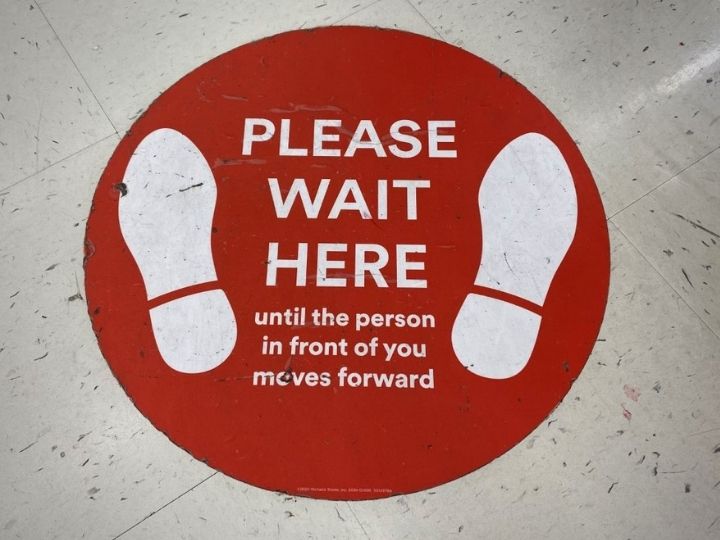Wine researchers are developing a fast and simple method of authenticating wine – a potential solution against the estimated billions of dollars’ worth of wine fraud globally, but also offering a possible means of building regional branding. The team of scientists were able to identify the geographical origins of wines originating from three wine regions...
Commerce
How Can Fashion Brands Respond to Consumers’ Prioritization of Social Values?
The fashion and luxury segments of the market are synonymous with carefully curated branding and strict reputation management, which have been tested significantly amid the onset and continued impact of the COVID-19 pandemic. Against that background, management consultancy McKinsey & Company, together with the Business of Fashion, have recently published a report titled The State...
Off-White is Suing an Ice Cream Chain Over Allegedly Infringing Merch and Store Decor
Off-White is suing a California ice cream chain, arguing that the unrelated party has run afoul of the law by selling products that bear – and adorning its outposts with – marks that are “confusingly similar” to Off-White’s own well-known trademarks. In the complaint that it filed in a California federal court on Tuesday, Off-White claims that...
What Digital Revolution? Hundreds of Millions of Farmers Still Cannot Get Online
The digital age brims with promise for the world’s half-billion smallholder farmers. Smartphones with the right apps can tell farmers when it’s likely going to rain, how to identify and eradicate pests, and negotiate the prices for a bountiful harvest delivered by a combination of hard work and big data. While digital technologies are steadily...
A Loan for Lean Season
For farmers in rural Zambia, payday comes just once a year, at harvest time. This fact impacts nearly every aspect of their lives, but until now researchers hadn’t realized the true extent. Economist Kelsey Jack, an associate professor at UC Santa Barbara, sought to investigate how this extreme seasonality affects farmers’ livelihoods, as well as...
Chanel is Maintaining a “Monopoly” With the Help of Big-Name Retailers, Publishers, The RealReal Claims in New Filing
Chanel is actively engaging in an “overarching anticompetitive scheme” in order to limit the supply of its products in the market, “inhibit the growth and development of competitors, and artificially raise and maintain [its] prices,” and it has had help from prominent publications and big-name luxury fashion retailers in doing so. That is what The...
LVMH, Tiffany Reach New $15.8 Billion Deal, Agree to Settle Legal Dispute
LVMH Moët Hennessy Louis Vuitton and Tiffany & Co. have managed to salvage their deal, with the French luxury goods conglomerate agreeing to pay a few dollars less per share to acquire the New York-based jewelry company. In a statement on Thursday, the parties confirmed that LVMH will pay $131.5 per Tiffany share, down from...
How Initiatives Empowering Employees Can Backfire
Strategies meant to motivate people in the workplace may have unintended consequences — depending on who’s in charge. Recent research from Michigan State University and Ohio State University shows that empowerment initiatives aren’t necessarily the answer for business leaders hoping to motivate their employees. “People tend to think of empowerment in uniformly positive ways,” said...
How Fear Encourages Physical Distancing During Pandemic
Welcome to shopping during the coronavirus pandemic: customers clad in masks, slathered with sanitizer and surrounded by signage urging them to avoid close contact. Despite guidelines plastered on the walls and floors of grocery and retail stores encouraging customers to maintain six-feet of physical distance, many do not. A new study by researchers at the...
The Valuation of a Company’s Investment Properties May Bring Surprises
In addition to the financial statements and balance sheet, an investor should also go through the notes and understand their content, says Juha Mäki, who is defending his doctoral dissertation in University of Vaasa. For example, the valuation of a company’s investment properties in the financial statements may bring surprises depending on whether the company...










